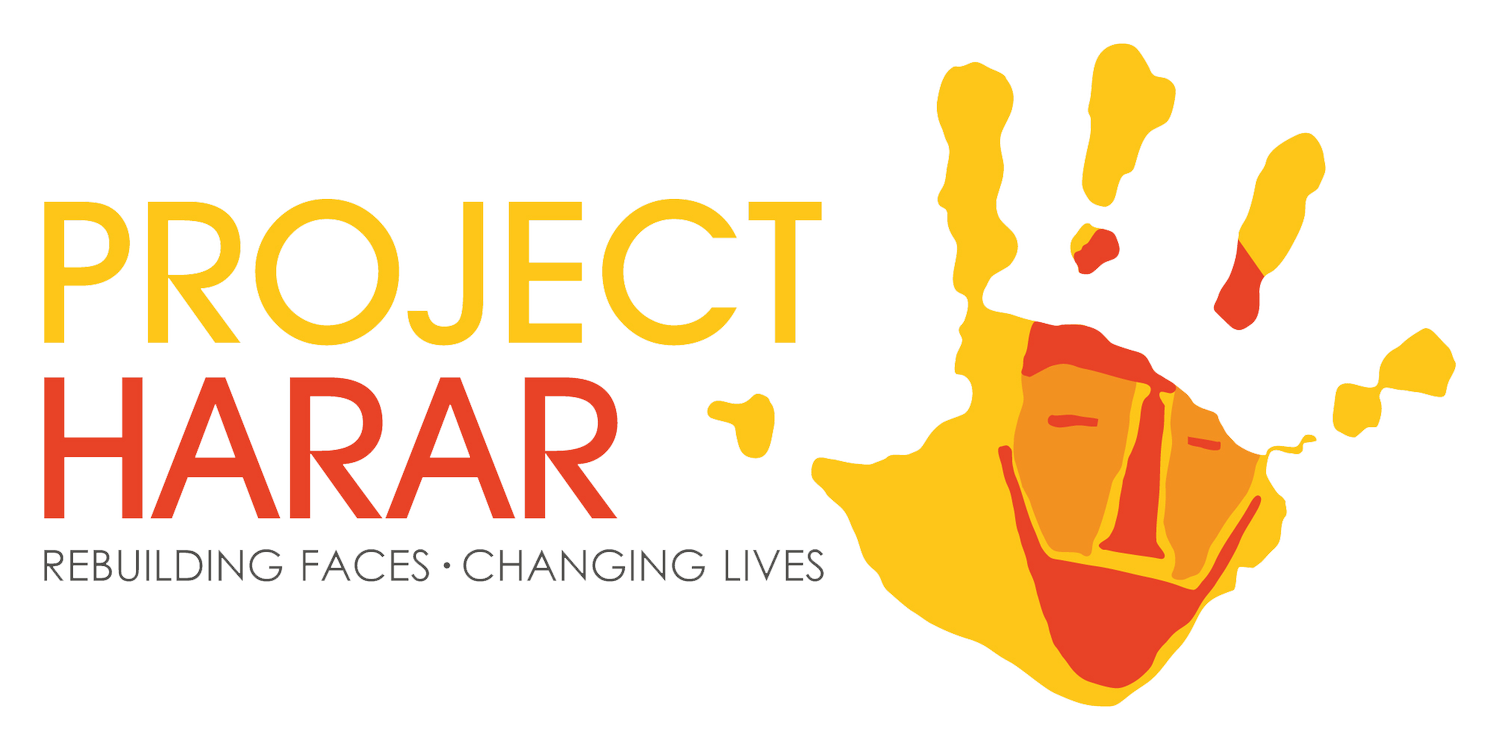Over 30 families access cleft treatment in Debre Tabor
About the Amhara Region:
For the past 17 months, the Amhara region has continued to be affected by famine and food insecurity in Ethiopia, along with the impact of the ongoing civil conflicts and the lasting effects of the Covid-19 pandemic. Essential health care services, such as cleft lip and palate services Project Harar provides access to, had become limited to those living in the region - but particularly in rural areas, where traveling to the nearest hospital can prove to be difficult. In May 2022 we ran a treatment programme in Debre Tabor, one of our partnering hospitals - the Debre-Tabor Hospital. The impact of the campaign has meant over 30 families have been able to access vital cleft treatment in the region in the month of May.
The impact of civil tensions in the region, combined with the threat and impact of the Covid-19 pandemic, has meant that families have had to wait an extended amount of time for their children to receive cleft surgery. It is vital that children can receive surgery as soon as they become eligible — in terms of age, weight and health, so that they do not face further developmental issues associated with their cleft condition. Developmental issues that children face if they grow up with untreated cleft conditions include problems with developing speech and language and barriers to nutrition, making them more at risk of becoming malnourished and their growth stunted.
Information on the Debre Tabor programme:
The programme at Debre Tabor in the Amhara region began in May 2022. Different families from around the area were able to receive cleft lip and cleft palate surgery and nutritional advice. The Project Harar team began by traveling from Bahir Dar with a group of doctors to Debre Tabor hospital, and it took around two hours to conduct this programme.
At the Debre-Tabor hospital, 41 families arrived to be treated and of this group, 37 families were treated. 4 families whose children were undernourished given nutritional support and consultation on how best to keep their diet stable before coming back for surgery. The age range of patients was from 6 months to 11 years old. For most families, 3 days were spent at the hospital. The first day is for screening the patients and making sure they are ready for the surgery, the second day is for the surgery and third day is for rest before going home.
Families awaiting screening tests at Debre-Tabor Hospital.
A child and her family undergoing screening with the Project Harar team at the hospital.
Belkis's story:
Belkis and her mother before surgery
Belkis is one of the children who had cleft lip surgery at Debre Tabor hospital at the end of May. She and her family came from the Arebaya woreda. Belkis is the youngest of six children in her family and the only one born with cleft lip. At 9 months, she was brought to the hospital with her father and mother - it took them a day's journey to reach Debre Tabor. The family mentioned the lack of transportation as a challenge during their travel. They heard about Project Harar from a health extension worker that registered Belkius at the health post and informed them about the programme at Debre Tabor. They also traveled to Gondar before and they were told that they will be contacted when there will be another programme in the area.
Her mother shared with me her experience:
“When she was born I was scared and cried a lot the health workers tried to calm me down. They told me that she will be fine and the cleft lip can be easily fixed with surgery but I was still worried and scared.
I never showed her to anyone one when she was born because I was afraid of what they would think. When she was a month old, my husband and me took her to Gondar city to have her the surgery. They told us that she was still too young and to wait until she gets strong.”
Belkis has now passed screenings for surgery, and has received her cleft treatment through Project Harar's services at Debre Tabor Hospital.
A mother and child with cleft lip attending a screening process with doctors at Debre Tabor Hospital.
Mother Dani and her daughter Nyala after the initial screening









